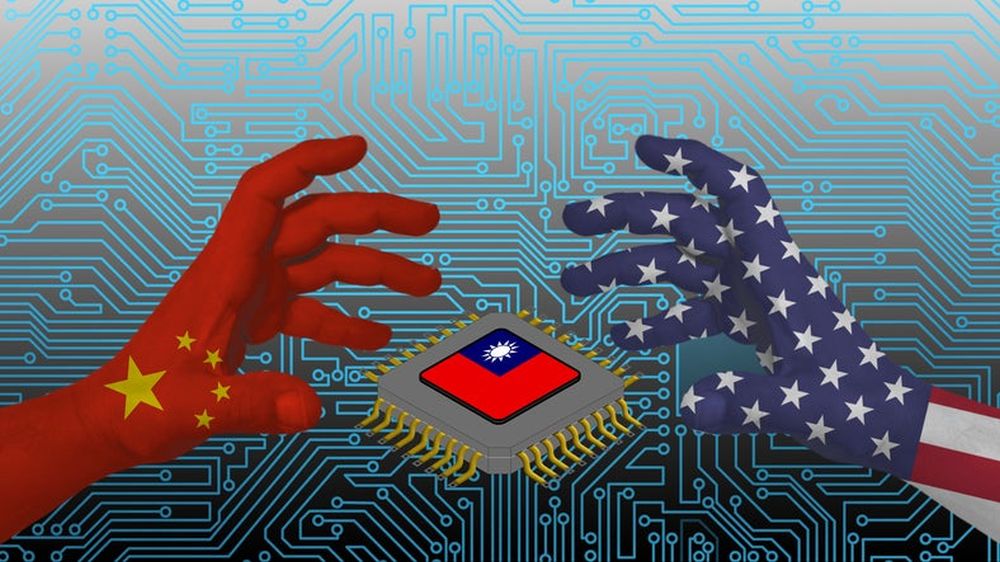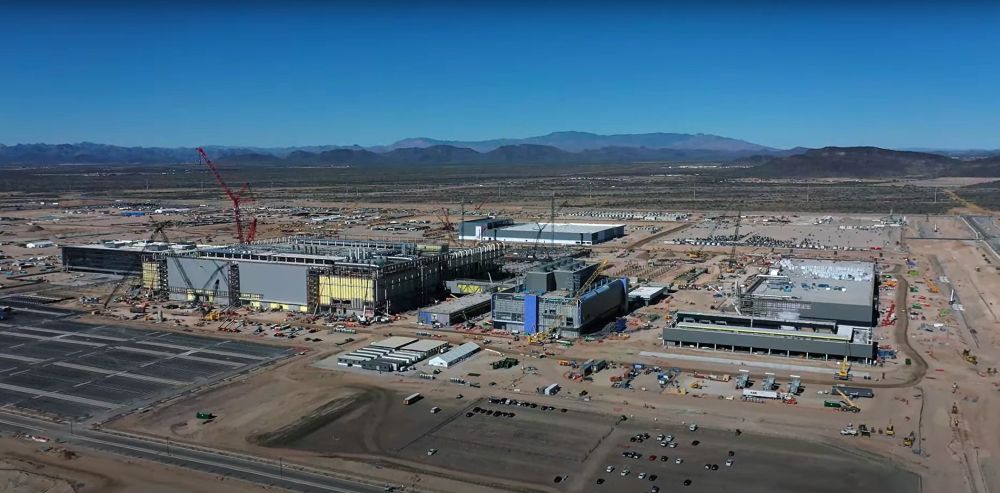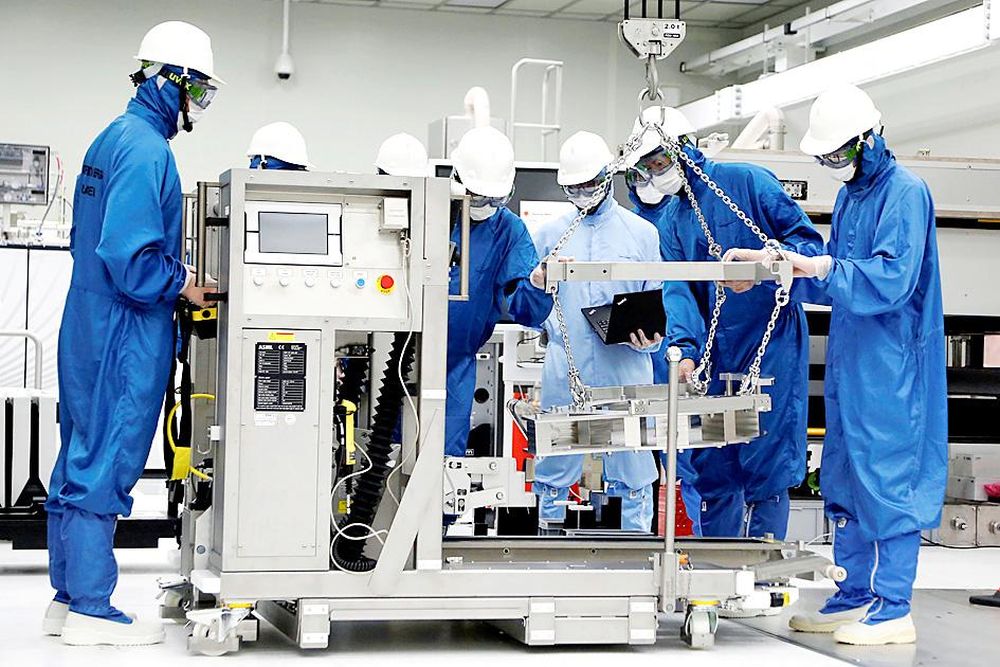The United States recently suggested that Taiwan relocate half of its semiconductor production capacity to American soil. US Commerce Secretary Howard Lutnick argued that relying too heavily on Taiwan for advanced chipmaking poses national security and supply chain risks, particularly amid rising tensions with China. Washington aims to bolster domestic manufacturing and achieve a more balanced 50-50 global production ratio.

Taiwan’s government swiftly and firmly rejected the proposal, clarifying that no such commitment had ever been discussed. Vice-Premier Cheng Li-chiun stated that Taiwan’s semiconductor strength is a vital pillar of its economy and sovereignty. Transferring such a large portion abroad, Taipei fears, would undermine both its economic stability and its strategic “silicon shield.”

The United States already benefits from Taiwanese investments, such as TSMC’s multibillion-dollar fabs in Arizona. However, these are viewed in Taiwan as expansions, not replacements for local capacity. Taiwan’s chip industry thrives thanks to decades of technical expertise, supplier networks, and specialized talent—factors that cannot easily be replicated elsewhere, no matter the funding or incentives offered.

The proposed shift highlights a deeper strategic dilemma: what protects Taiwan also worries its allies. While Washington seeks security through diversification, Taiwan’s leverage depends on global dependence. For now, both sides remain polite but firm, and the “50-50” idea seems more like a symbolic statement than a realistic plan.

#Taiwan #Semiconductors #USPolitics #TSMC #Geopolitics #TechNews #SupplyChain #AI #Economy
